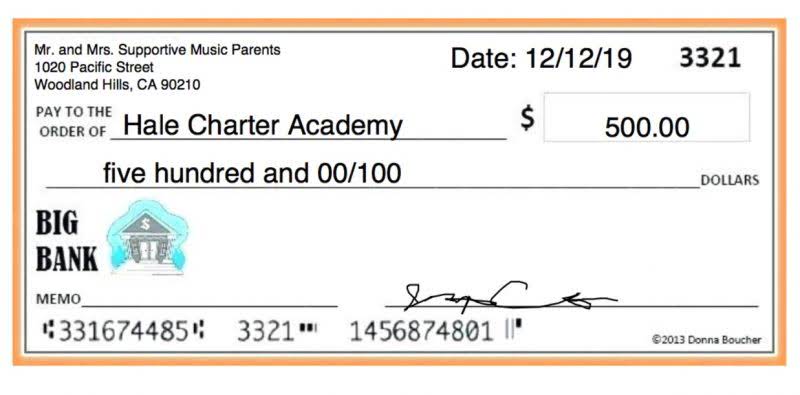
Nonprofits should work to say “yes” to this type of gift but must proceed with care. Unlike public shares, private shares require additional legal and administrative processes. Attorneys typically guide these transactions, though financial advisors can offer valuable insights. The first step when donating stock is to check whether the charity you are considering can accept stock donations. If not, contact the charity and ask if they accept donations of stock.

Automatically Liquidate Stock Donations
That’s simply by adopting a fundraising strategy that opens Bookkeeping for Veterinarians the door to all kinds of gifts, including stock donations. You will also be asked to provide a secondary signer and acknowledge board approval. It may sound like a lot, but the application is fully digital and really quick to complete. At this point, your stock giving tool should provide donors with (or send them directly to) their broker’s appropriate transfer authorization form for a charitable gift of stock.
Use a stock giving tool to help facilitate the process.
Accepting donations of securities is an excellent way to boost the growth of your nonprofit and provide a ready source of cash flow for operations. One of the things that nonprofits falling under the rules of 501(c)(3) organizations learn quickly is that they have to handle reporting and money wisely. Nonprofits have to make ends meet just like any other organization but failing to follow certain rules could have significant consequences. Nonprofits generally want to avoid the appearance of speculating on the stock market. This approach helps the organization avoid risk, and it converts the securities to cash to maintain operational cash flow.
- With transparency and convenience, Infinite Giving can change your stock-giving narrative.
- One of the things that nonprofits falling under the rules of 501(c)(3) organizations learn quickly is that they have to handle reporting and money wisely.
- In this guide, we’ll walk you through the benefits of accepting stock donations, as well as how to easily ask for stock donations on your Donorbox donation form using our new integration with The Giving Block.
- But more importantly, by encouraging and increasing charitable contributions, it offers the promise of better serving the people that rely on the philanthropic community.
- With Donorbox’s integration with The Giving Block, nonprofits receive checks reflecting the fair market value for donated stocks every 30 days.
- SageMint Wealth can help you determine if this charitable giving method makes sense within the context of your financial plan and goals.
Will donors receive any tax benefits with stock donations?
However, to successfully navigate this charitable giving strategy, it’s crucial to understand its nuances. Imagine that a high-income donor who normally donates mid-level cash how to accept stock donations gifts to your nonprofit also owns multiple publicly traded stocks. When your nonprofit lets them know they can give a larger contribution and reduce their own tax obligations, they jump at the chance to donate high-value stock.

Bankrate logo

With the right tools, it’s very easy for donors to make stock donations. All they need to enter to complete the donation is the stock information, their personal information, and their broker information. Accepting stock donations is easier than ever with Donorbox’s integration with The Giving Block. Donorbox’s sleek, efficient, and effective donation forms get even more powerful when you give donors the option of giving stock and crypto donations in addition to credit card and digital wallet donations.
Working With Nonprofit Investment Advisors: FAQs and Tips
- Openly publishing this information without some kind of wall or lead capture page in place can also create a security risk, as financial information scraped online can fuel fraud.
- From there, the donor’s brokerage firm will verify and complete the transfer, and you’ll receive the stocks in a few hours.
- Dr. Russell James at Texas Tech University studied over 1 million nonprofit tax returns between 2017 and 2020.
- Generally, donors aren’t making stock donations simply because they don’t understand the benefits and nonprofits aren’t asking for them.
- Once donated, the stock donations go to the Rennaisance Charitable Donor Advised Fund.
- Historically, to receive a single stock gift, nonprofits had to do a lot of work.
And a stock’s value raises and lowers depending on the company’s actions and the current economic climate. But ultimately, the public’s overall opinion of the company typically offers a large impact on the value of a stock. The Nonprofit Blog provides several guides, ideas, how-tos, and more online bookkeeping that cover a variety of topics, from online giving to fundraising events and beyond.
It’s simple—build a more intentional process, and raise more money through stock gifts. Whether you’re seeking to accept stocks for the first time or revamp your existing approach, you’ll need to make the case to your organization that it warrants attention. The next option is to go straight to the organization’s transfer information.

Perhaps the easiest (and most exciting) part of the process, in this step, you don’t need to lift a finger. Following your account settings and preferences, donated stocks can be automatically liquidated and deposited into your linked bank account. FreeWill offers online self-help solutions for common estate planning needs and related educational content.
To get the maximum tax benefit, an appreciated security must be held for at least a year before it’s donated to a charitable organization. If you own one of the best performing stocks, you might consider selling some of those shares. If your nonprofit hasn’t started accepting stock donations yet, it’s not too late to get in on the action. Avoiding the capital gains tax is one of the primary reasons why donors consider contributing stock donations.
